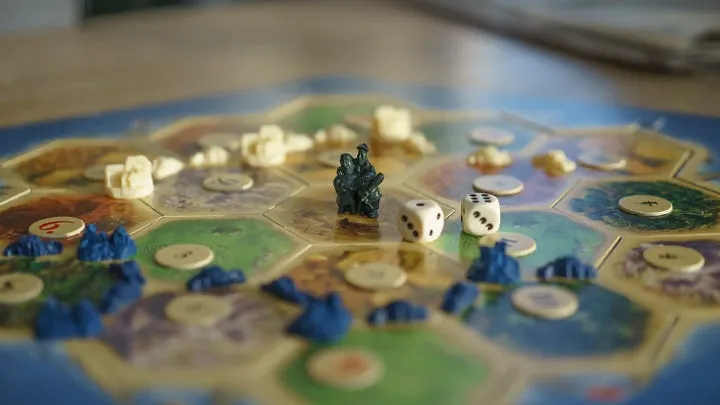Compliances





When it comes to board game design, one of the most intriguing and often-debated aspects is the delicate balance between luck and skill. It’s a critical consideration for game developers, including those in the field of Ludo game development and Poker game app developers. Let’s dive into the fascinating world of board game design and explore how these two elements influence the gameplay experience.
Before we delve deeper, let’s clarify what we mean by luck and skill in board games:
Also Read: Top Poker Game Development Companies 2023–24
The ideal balance between luck and skill largely depends on the type of game you’re developing. Ludo game development, for example, tends to lean more towards the luck side, with dice rolls determining a player’s moves. This random element makes Ludo accessible and enjoyable for players of all skill levels. It’s a game where beginners can compete with experts, thanks to the unpredictability of dice.
Poker apps, on the other hand, are renowned for their emphasis on skill. While there’s an element of chance in the cards dealt, skilled players can consistently outperform their opponents through strategic betting, reading opponents, and understanding the odds.
Understanding your target audience is key when deciding the balance of luck and skill in your game. Are you developing a casual game meant for a wide audience, like Ludo, or a competitive game for more experienced players, like Poker? Knowing your player base’s preferences will guide your design choices.
Both luck and skill have their roles in keeping players engaged. Luck can inject excitement and unpredictability, making each playthrough different. Skill ensures that players can improve and strive for mastery, adding long-term replayability.
In the realm of card game and board game development, expertise matters significantly. Bettoblock, a renowned game development company, excels in crafting captivating card games and board games that strike the perfect balance between luck and skill. With a team of seasoned developers and designers, Bettoblock has a track record of creating immersive gaming experiences.
Whether you’re seeking a casual card game with elements of luck or a skill-based board game that challenges even the most seasoned players, Bettoblock has the expertise to bring your vision to life. Their commitment to innovation and quality shines through in every game they create, making them a trusted partner for game development.
In board game design, the interplay between luck and skill is a delicate dance. Finding the right balance depends on your game’s goals and target audience. Whether you’re a Ludo game development company catering to casual players or Poker app developers appealing to skilled card sharks, understanding how these elements shape gameplay is crucial to creating a rewarding and enjoyable gaming experience.